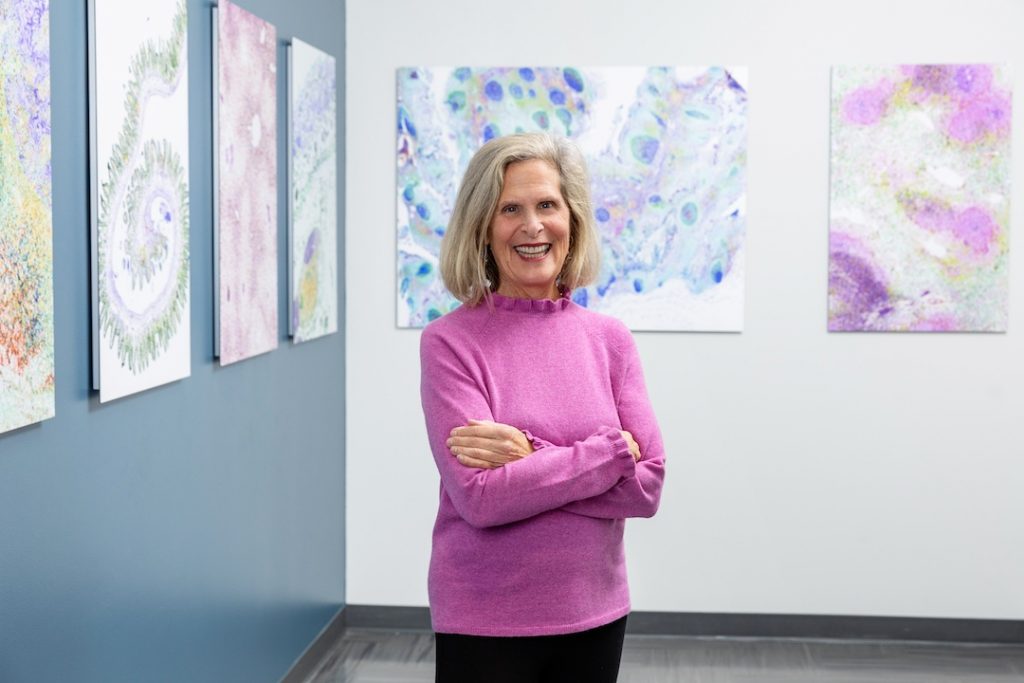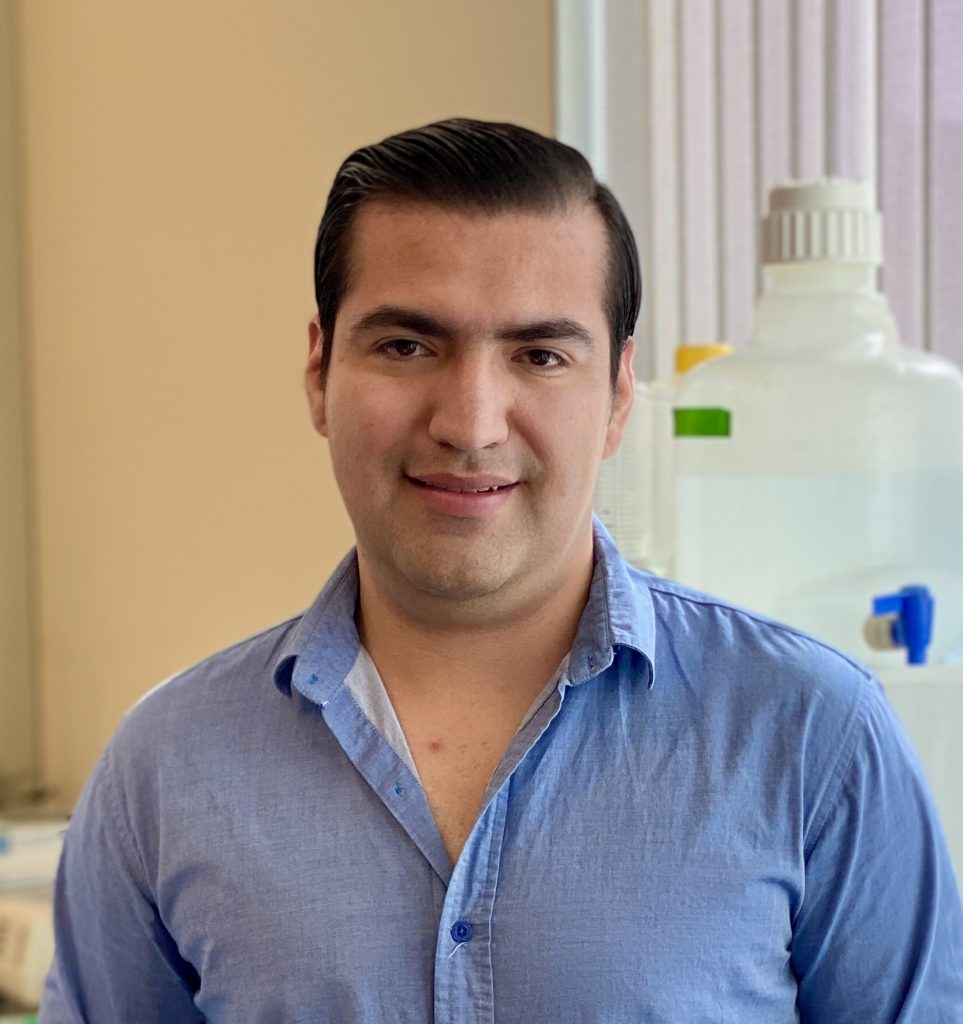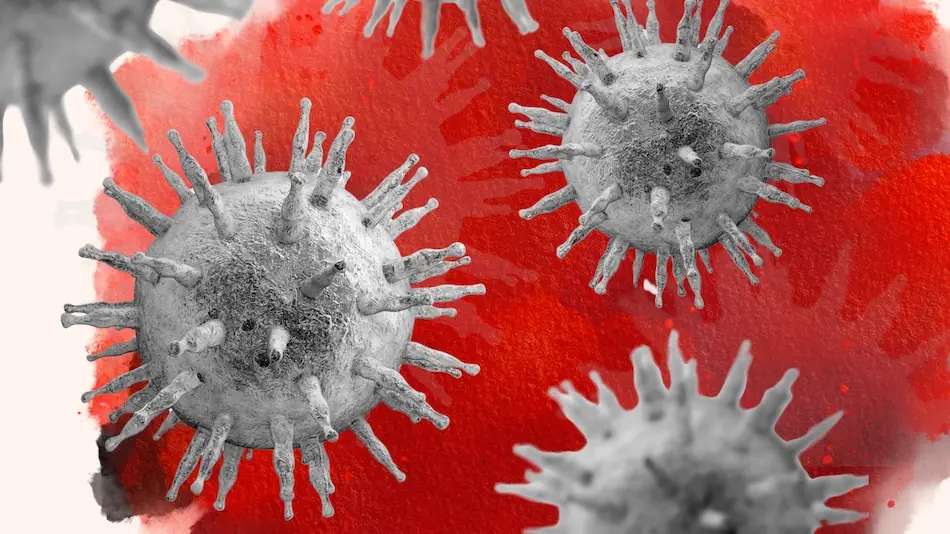Scientists suspect that COVID-19 case severity has a lot to do with how quickly the body’s T and B cells spring into action to fight the virus.
Sydney Ramirez, M.D., Ph.D., a postdoctoral associate at La Jolla Institute for Immunology, is taking a closer look at this theory, thanks to a new three-year fellowship from the A.P. Giannini Foundation.
“Although things are looking up in terms of the pandemic, we still have a lot to learn about how the body responds to SARS-CoV-2 and what sort of immune responses correlate with protection from COVID-19,” says Ramirez.
Ramirez will study adaptive immunity to SARS-CoV-2—the activity of T cells, B cells and the antibodies made by B cells. She wants to know how the development of SARS-CoV-2-specific B cell and T cell immunity in acute cases of COVID-19 correlates with viral loads, symptoms and disease severity.
Her research builds on her previous work with LJI Professors Shane Crotty, Ph.D., and Alessandro Sette, Dr.Biol.Sci., showing that people hospitalized with COVID-19 have a “less coordinated” adaptive immune system response. Their T and B cells don’t launch an effective immune system defense in time.
“The hypothesis is that people who have COVID-19 that does not require hospitalization will build an effective antiviral adaptive (B and T cell) immune response to the SARS-CoV-2 virus early in infection,” says Ramirez. “The development of this response will correlate over time with declines in viral loads in the nose and saliva and with symptomatic improvement.”
As a practicing physician in the UC San Diego Department of Internal Medicine, Division of Infectious Diseases and Global Public Health, Ramirez also understands the patient side of infectious diseases. Prior to joining LJI in March of 2020, Ramirez also investigated coronaviruses, including SARS-CoV-1 (also known as SARS), at the University of Texas Medical Branch.
Her new fellowship from the A.P. Giannini Foundation will provide Ramirez with $174,000 over three years. Ramirez says the fellowship has a strong career development component, including formal training in effective science communication for a broad audience.
“Given the importance of the research topic to the community as a whole, this is a great opportunity for me as a physician scientist,” says Ramirez.





